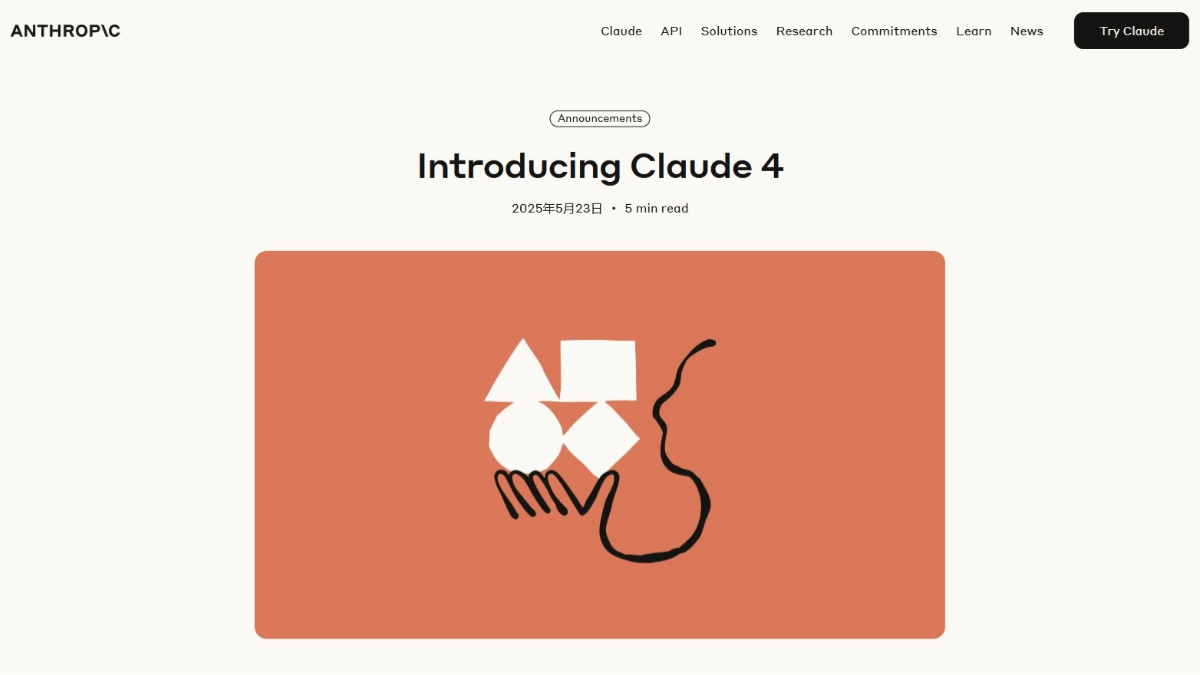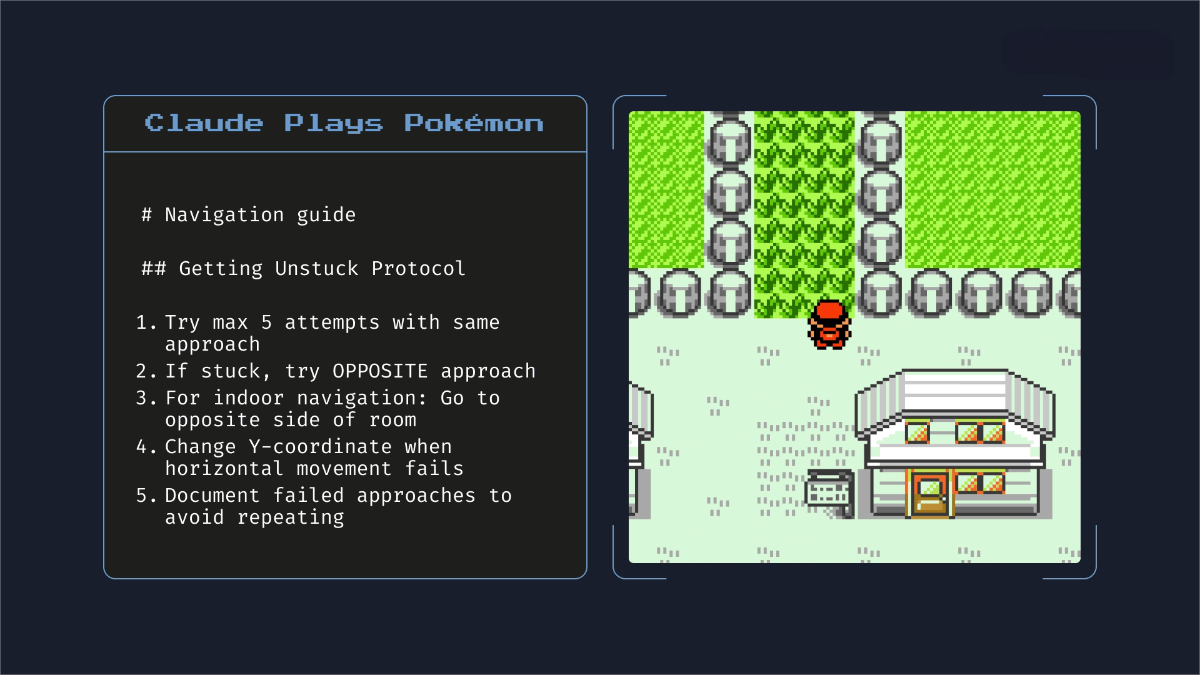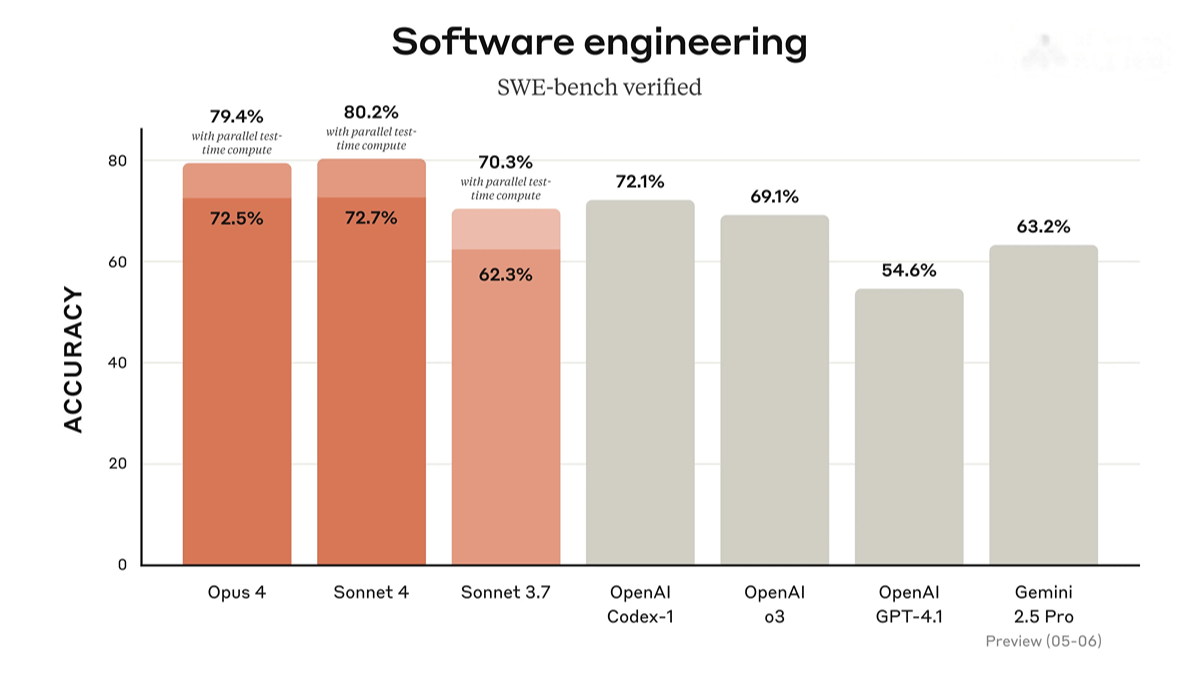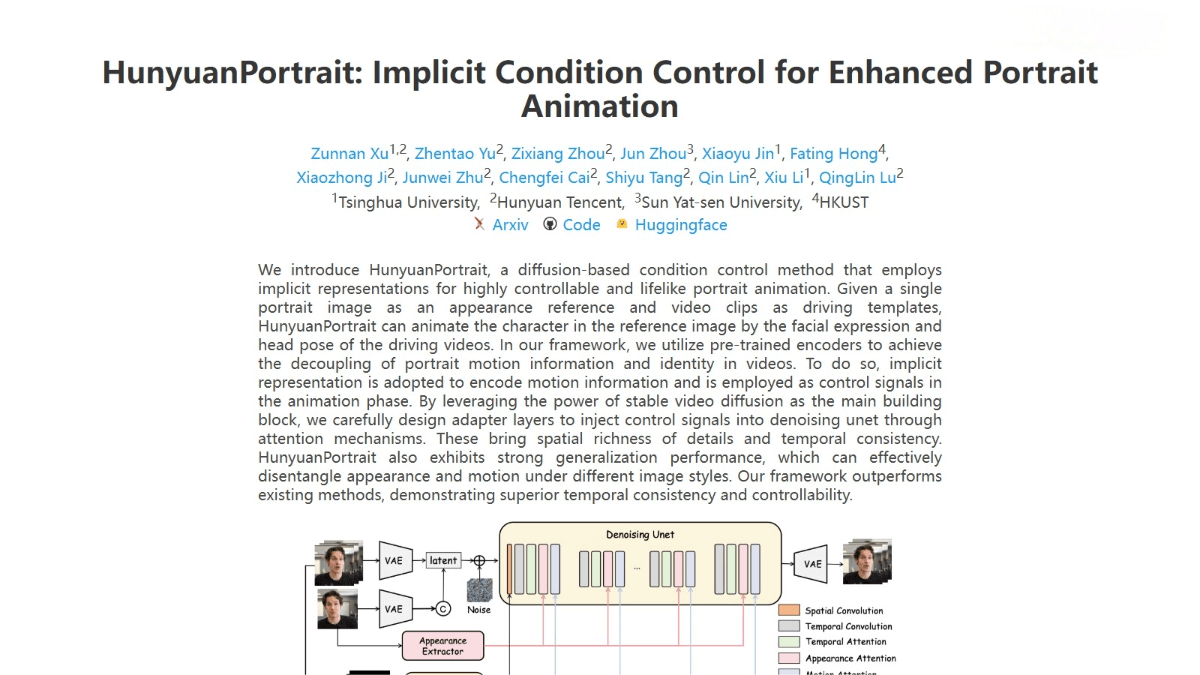Claude 4 – The latest AI programming series model launched by Anthropic
What is Claude 4?
Claude 4 is the latest generation of AI models developed by Anthropic, comprising two versions: Claude Opus 4 and Claude Sonnet 4. Claude Opus 4 is currently the world’s most powerful programming model, excelling at complex tasks and long-running workflows such as code generation, optimization, and debugging. Claude Sonnet 4 offers significant improvements in coding and reasoning, delivering more accurate responses and making it suitable for everyday use. Both models support instant responses and deep-thinking modes, can use tools in parallel, and feature enhanced memory capabilities. Claude 4 also introduces advanced features like tool-assisted extended reasoning and memory file management, further boosting the practicality and efficiency of AI agents.

Key Features of Claude 4
-
Code Generation and Optimization: Claude Opus 4 is a top-tier programming model, outperforming others in SWE-bench and Terminal-bench with high-quality code output.
-
Long Task Handling: Claude Opus 4 can manage complex, long-duration tasks for hours, vastly outperforming competing models.
-
Code Editing and Debugging: Claude Sonnet 4 excels in editing and debugging code, capable of accurately modifying multiple files.
-
Advanced Reasoning Capabilities: Claude Opus 4 can solve complex problems and handle tasks beyond the reach of other models.
-
Multimodal Capabilities: Claude 4 performs exceptionally across coding, reasoning, multimodal, and agent-based tasks.
-
Tool Use and Extended Reasoning: Claude 4 can use tools (e.g., web search) to augment its reasoning, improving response quality and task efficiency through parallel tool usage.
-
Local File Access and Memory: With developer-granted access, the model can extract and store key information from local files, improving coherence and performance across sessions.
-
Reduced Shortcut Behavior: Claude 4 exhibits 65% less shortcut-seeking behavior compared to Sonnet 3.7 during task execution.
-
Improved Memory: Claude Opus 4 can create and manage “memory files” to store essential information, maintaining awareness and coherence in long-term tasks. For example, it can generate a navigation guide while playing a Pokémon game.
-
Thought Summarization: Claude 4 introduces a summarization feature that condenses lengthy reasoning processes, activating only about 5% of the time.

Performance Benchmarks of Claude 4
-
Claude Opus 4:
-
SWE-bench: Achieved a leading score of 72.5%, significantly ahead of other models.
-
Terminal-bench: Scored 43.2%, demonstrating exceptional performance.
-
-
Claude Sonnet 4:
-
SWE-bench: Achieved an impressive 72.7% in coding efficiency.
-

Pricing for Claude 4
-
Claude Opus 4:
-
$15 per million input tokens
-
$75 per million output tokens
-
-
Claude Sonnet 4:
-
$3 per million input tokens
-
$15 per million output tokens
-
-
Subscription Plans: Users on the Pro, Max, Team, and Enterprise plans have access to both Claude Opus 4 and Claude Sonnet 4, including extended reasoning features. Claude Sonnet 4 is also available to free-tier users.
Project Website
- Official site: https://www.anthropic.com/news/claude-4
Application Scenarios for Claude 4
-
Programming Assistance: Quickly generate and optimize code to enhance development efficiency.
-
AI Agents: Execute complex tasks, invoke external tools, and maintain contextual consistency.
-
Software Development: Provide code suggestions in IDEs, streamlining review processes.
-
Data Analysis and Processing: Generate visualization code and handle data analysis tasks.
-
Natural Language Processing: Produce high-quality text and support multilingual translation.
Related Posts




